Member Directory
-
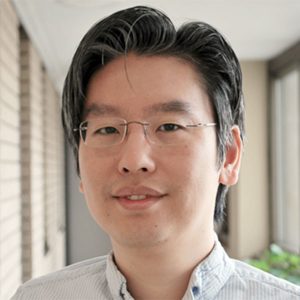
Harris Wang

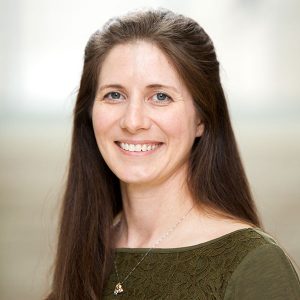
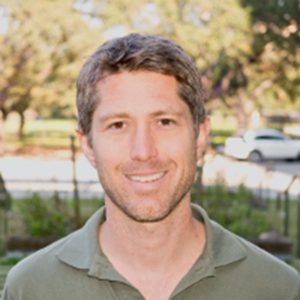
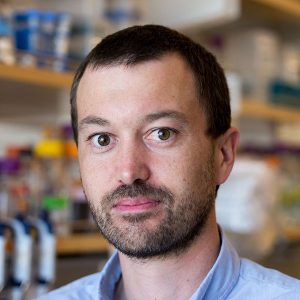
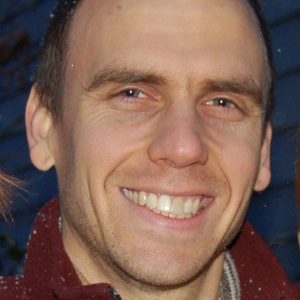
Michael Smanski is currently an Assistant Professor of Biochemistry, Molecular Biology, and Biophysics in the Biotechnology Institute at the University of Minnesota. He received his BS in Biochemistry from the University of California, San Diego and a PhD in Microbiology from the University of Wisconsin under the mentorship of Ben Shen. As an HHMI Postdoctoral Fellow of the Damon Runyon Cancer Research Foundation, he worked with Christopher Voigt in the Department of Biological Engineering at the Massachusetts Institute of Technology. He joined the faculty of the University of Minnesota in 2014. Throughout his career, Michael has studied and engineered multi-gene systems in bacteria. His group at UMN has developed a new platform for engineering ‘species-like’ barriers to sexual reproduction, and they are currently exploring applications for transgene biocontainment and the control of pest populations. Michael has been a member of EBRC since 2018 and has served on the EBRC Council from 2019-present.
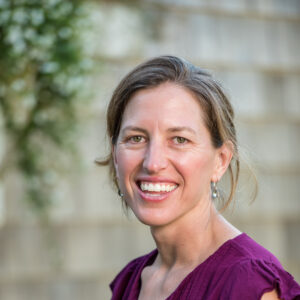
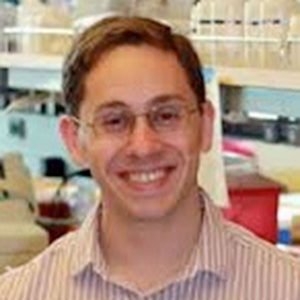
Prof. Howard Salis is an Associate Professor at Penn State University where his research lab focuses on the development & experimental validation of predictive biophysical models & design algorithms for rationally engineering synthetic organisms. Thousands of researchers have utilized these models & algorithms to design hundreds of thousands of synthetic DNA sequences for a wide variety of biotech applications. Prof. Salis received his Ph. D. in Chemical Engineering from the University of Minnesota and completed a postdoctoral fellowship at the University of California, San Francisco. He received the DARPA Young Faculty and the NSF Career Award. He is also the founder of a spin-off company, De Novo DNA, that has developed a web-based design platform for engineering organisms.
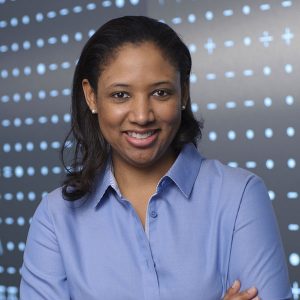
Kristala L. J. Prather is the Arthur D. Little Professor of Chemical Engineering at MIT. She received an S.B. degree from MIT in 1994 and Ph.D. from the University of California, Berkeley (1999), and worked 4 years in BioProcess Research and Development at the Merck Research Labs prior to joining the faculty of MIT. Her research interests are centered on the design and assembly of recombinant microorganisms for the production of small molecules. Prather is the recipient of numerous awards and recognitions; she has co-authored more than 90 peer-reviewed publications and given more than 140 invited presentations.
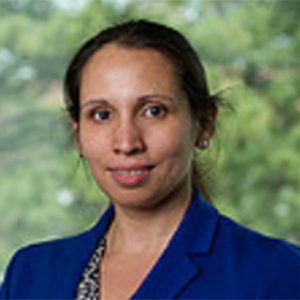
Dr. Peralta-Yahya’s diverse research group works in the area of engineering biology, drawing from principles of chemistry, biochemistry and chemical engineering to build systems for chemical detection and production. Her group focuses on the development of G protein-coupled receptor (GPCR)-based sensors for biotechnology and biomedical applications, and the engineering of biological systems for the production of advanced biofuels and modified natural products. Early on, her work was recognized with several awards including a DARPA Young Faculty Award, a DuPont Young Professor Award, a Kavli Fellowship, and an NIH MIRA award. Her group’s key accomplishments are 1) the standardization of GPCR-based sensors in yeast to reduce the cost and accelerate the pace of drug discovery for these receptors, which are the target of over 30% of FDA approved drugs, and 2) the development of advanced biofuels, including pinene, which, when dimerized, has sufficient energy content to power rockets and missiles. Today, her group is funded to work on these and other cutting edge areas – including how to power a rocket returning from Mars and how to make synthetic cells learn without evolution – by the National Institutes of Health, the National Science Foundation, the Department of Energy, and NASA.
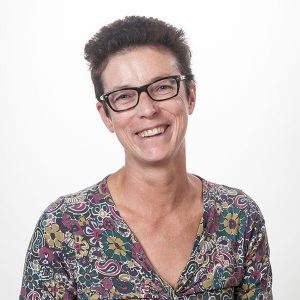
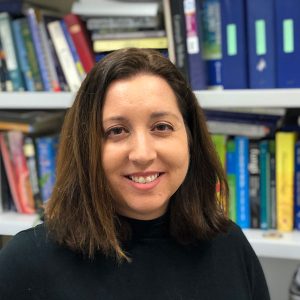
Michelle A. O’Malley is an Associate Professor in the Department of Chemical Engineering at the University of California, Santa Barbara. She earned a B.S. in Chemical Engineering and Biomedical Engineering from Carnegie Mellon University in 2004 and a PhD in Chemical Engineering from the University of Delaware in 2009, where she worked with Prof. Anne Robinson to engineer overproduction of membrane proteins in yeast. O’Malley was a USDA-NIFA postdoctoral fellow in the Department of Biology at MIT and the Broad Institute, where she developed new strategies for cellulosic biofuel production. At UCSB, her research group develops synthetic biology tools to engineer protein synthesis within anaerobes and microbial consortia for sustainable chemical production, bioremediation, and natural product discovery. O’Malley’s research has been featured on NPR’s Science Friday, the BBC Newshour, the LA Times, and several other media outlets. She was named one of the 35 Top Innovators Under 35 in the world by MIT Technology Review in 2015, and is the recipient of the Presidential Early Career Award for Scientists and Engineers (PECASE), a DOE Early Career Award, an NSF CAREER award, the Camille Dreyfus Teacher-Scholar Award, the ACS BIOT Division Young Investigator Award, the ACS PMSE Division Young Investigator Award, an ACS WCC “Rising Star” Award, and a Hellman Faculty Fellowship.
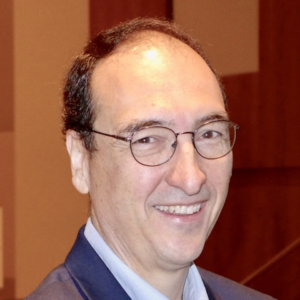
Richard M. Murray received the B.S. degree in Electrical Engineering from California Institute of Technology in 1985 and the M.S. and Ph.D. degrees in Electrical Engineering and Computer Sciences from the University of California, Berkeley, in 1988 and 1991, respectively. He is currently the Thomas E. and Doris Everhart Professor of Control & Dynamical Systems and Bioengineering at Caltech. Murray’s research is in the application of feedback and control to networked systems, with applications in biology and autonomy. Current projects include analysis and design of biomolecular feedback circuits, synthesis of discrete decision-making protocols for reactive systems, and design of highly resilient architectures for autonomous systems.
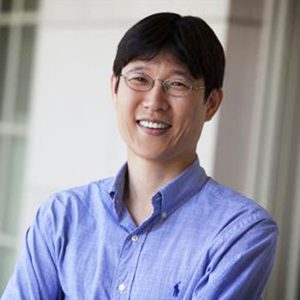
He has 24 years of research experience in chemistry, systems biology, and synthetic biology, including 5.5 years of industry experience (as of 2021). His research focus (2012-21; 15 grants; $7.3M external funding to him; $16M to the entire team) is understanding gene regulation, evolution, and metabolism, building sensors and genetic circuits, and engineering microbes to solve global problems, including climate crisis, waste valorization, plastic upcycling, sustainability, and health issues. He has published 52 papers, has filed 9 patents, and has given 51 invited and 118 contributed presentations. He has advised 26 PhD/Postdoctoral and 28 undergrad researchers. He is a Founder and Head of the SAB of Moonshot Bio. Several awards include a B&B Wang Award, an NSF CAREER award, an ONR YIP, a Sluder Fellowship (MIT), and the SNU President Prize. He is the Founding Chair of SynBYSS (Synthetic Biology Young Speaker Series) with more than 1000 global audiences.
Twitter handle: @Moon_Synth_Bio
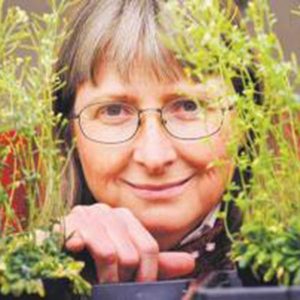

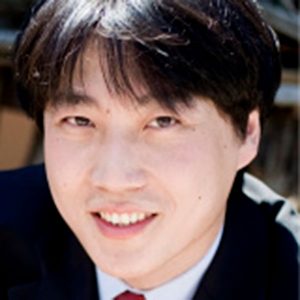
Professor Liu’s research is in the fields of synthetic biology, chemical biology, and directed evolution. He is particularly interested in engineering specialized genetic systems for rapid mutation and evolution in vivo to address problems ranging from protein engineering to developmental biology. For his group’s work, Professor Liu has been recognized with a number of awards including the NIH Transformative Research Award, the NIH New Innovator Award, the Moore Inventor Fellowship, the Sloan Research Fellowship, the Beckman Young Investigator Award, the Dupont Young Professor Award, and the ACS Synthetic Biology Young Innovator Award.
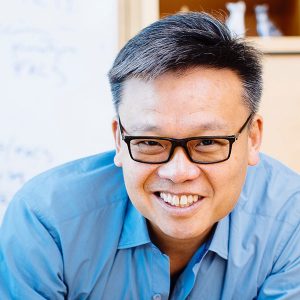
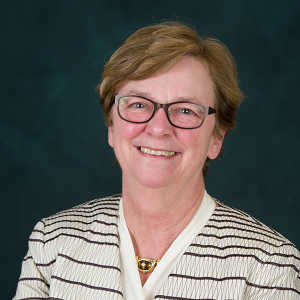
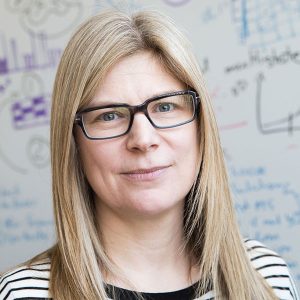
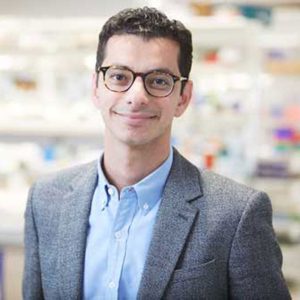
Ahmad (Mo) Khalil is Associate Professor of Biomedical Engineering and the Founding Associate Director of the Biological Design Center at Boston University. He is also a Visiting Scholar at the Wyss Institute for Biologically Inspired Engineering at Harvard University. His research is interested in how molecular circuits enable core cellular functions, such as decision-making, computation, and epigenetic memory. His team applies synthetic biology approaches to interrogate the function and evolution of these cellular systems. He is recipient of numerous awards, including the Presidential Early Career Award for Scientists and Engineers (PECASE), NIH New Innovator Award, NSF CAREER Award, DARPA Young Faculty Award, and the Hartwell Foundation Biomedical Research Award, and he has received numerous awards for teaching excellence at both the Department and College levels. Mo was an HHMI Postdoctoral Fellow with Dr. James Collins at Boston University. He obtained his Ph.D. from MIT and his B.S. (Phi Beta Kappa) from Stanford University